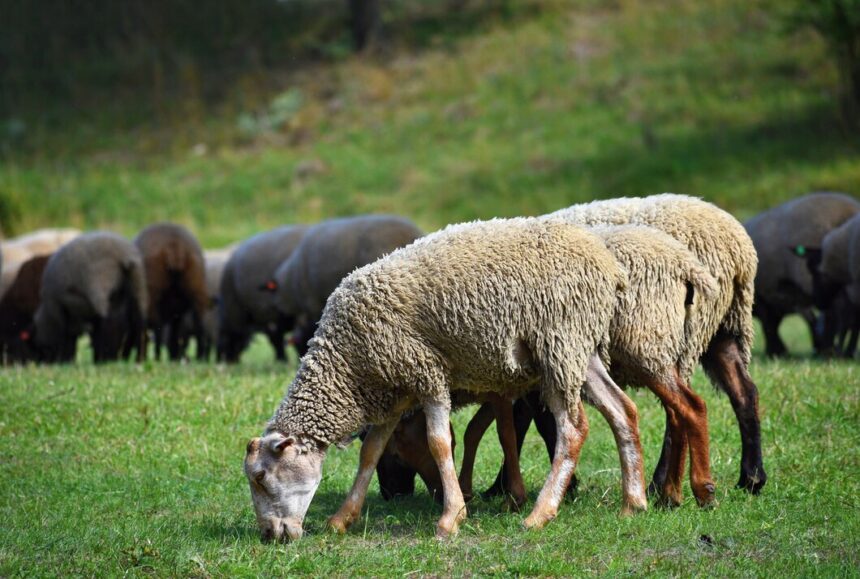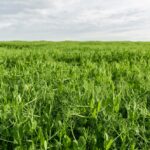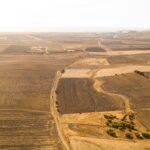Effective grazing management is crucial for optimizing pasture productivity, maintaining soil health, and ensuring the sustainability of livestock operations. In South Africa, where diverse grazing environments and climatic conditions prevail, implementing sound grazing practices can make a significant difference. Here are ten ways to improve grazing management:
- Implement Rotational Grazing
Rotational grazing involves dividing pastures into smaller paddocks and rotating livestock through them. This allows forage to recover and improves pasture quality and productivity by preventing overgrazing. - Monitor Pasture Condition
Regularly assess pasture health to determine its condition and productivity. Use indicators such as plant height, density, and diversity to gauge when to move livestock and prevent overuse. - Adjust Stocking Rates
Ensure that the number of animals on a given area of land matches the available forage. Adjust stocking rates based on seasonal variations, pasture growth, and the nutritional needs of the livestock. - Improve Soil Health
Implement practices such as liming, fertilization, and organic matter addition to enhance soil fertility and structure. Healthy soil promotes better pasture growth and resilience. - Utilize Pasture Species Wisely
Choose and plant pasture species that are well-suited to the local climate and soil conditions. Incorporating a mix of grasses and legumes can improve forage quality and reduce the risk of pasture degradation. - Control Invasive Species
Regularly monitor and manage invasive plant species that can outcompete desirable forage plants. Effective control measures can prevent these invaders from reducing pasture productivity. - Practice Proper Water Management
Ensure that adequate and clean water sources are available for livestock. Proper water management supports livestock health and improves grazing efficiency. - Incorporate Rest Periods
Allow pastures to rest and recover between grazing periods. Rest periods are crucial for the regeneration of forage plants and maintaining overall pasture health. - Use Technology for Monitoring
Utilize technology such as GPS tracking, remote sensing, and soil moisture sensors to monitor and manage pastures more effectively. These tools can provide valuable data for informed decision-making. - Educate and Train Farmers
Promote ongoing education and training for farmers on best grazing practices and new technologies. Knowledgeable farmers are better equipped to implement effective grazing management strategies.
By adopting these practices, South African farmers can enhance pasture productivity, promote sustainable land use, and improve the overall health of their grazing systems.
Join 'Farmers Mag' WhatsApp Channel
Get the latest Farming news and tips delivered straight to your WhatsApp
CLICK HERE TO JOIN






